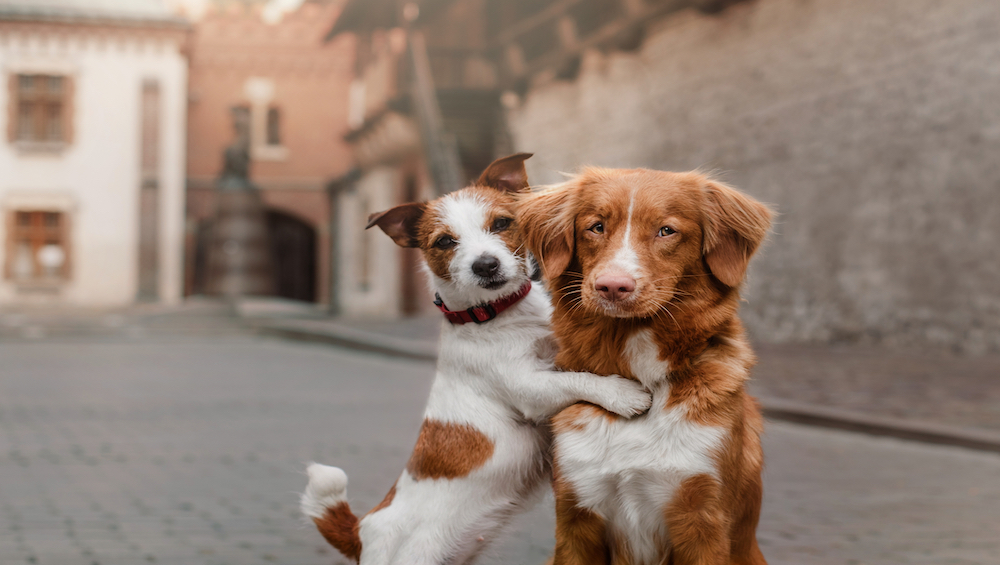
For the second time in less than a month, a raw pet food company has accused a government agency of mishandling product samples and has refused to recall a contaminated product.
On Jan. 23, 2019, the U.S. Food and Drug Administration (FDA) cautioned pet owners not to feed one lot of Hare Today Gone Tomorrow Ground Chicken/Bones/Organs pet food to their pets after the agency found Salmonella and Listeria monocytogenes in samples of the product.
FDA acted in response to a consumer complaint about a kitten that became sick with Salmonella after eating the company’s product.
According to the FDA alert, the specific batch of product consumed by the kitten was no longer available for testing. FDA collected samples from a different bunch of the same product.
The strain of Salmonella found in the batch of product analyzed by FDA was different from the strain recovered from the sick kitten.
When advised by FDA of the test results, Hare Today’s management refused to initiate a recall of the contaminated product.
In a Facebook post, the company supported its decision by claiming that there were no government seals on the samples when they were received by the lab, that FDA could not provide Hare Today with information on the temperature of the sample at the time of testing and, therefore, that the products “…were compromised and any results are null and void.”
The company also alleged that FDA is unfairly targeting raw pet food manufacturers.
According to an FDA spokesperson, sampling was carried out under the requirements set out in the agency’s Investigations Operations Manual. The inspector obtained ten random unopened packages from a single batch of frozen product (processing date 12.04.2018). Each box was placed into a separate container, which was taped shut.
The ten individual packages, plus two controls, were placed in a cooler for shipment to the laboratory. The boxes were sent frozen at the time of sampling and received frozen in the FDA lab.
FDA always prefers to test the specific lot associated with a case, the agency spokesperson told Food Safety News. However, the consumer did not have any opened or unopened product left from the suspect batch.
Due to the length of time that elapsed between the feeding of the kitten and the submission of the complaint and associated records to FDA, none of the implicated batches was available from the manufacturer either.
The feces sample from the sick kitten was collected in May 2018, according to the sample record archived in the National Center for Biotechnology Information database.
Hare Today sells all of its products through direct orders placed with the company via its website and does not use third-party distributors or retailers.
The Hare Today allegations echo similar statements made by Lystn, dba Answers Pet Food earlier this month.
After the Nebraska Department of Agriculture (NDA) recovered Salmonella from a sample of A+ Answers Pet Food, the company accused the state of mishandling the sample.
A spokesperson for the NDA refuted the company’s allegations, stating that all “chain of custody” procedures had been followed, that the sample was shipped in dry ice and arrived frozen in the lab, and that all procedures had been followed to prevent cross-contamination.
The presence of Salmonella in a pet food represents a hazard to both people and pets, regardless of whether the food is raw, dry, or cooked.
People infected with Salmonella may suffer from diarrhea, abdominal cramps, and fever. Young children, the elderly, and individuals with weakened immune systems are susceptible to more severe symptoms, including dehydration, and may require hospitalization.
Infected pets may exhibit symptoms including vomiting, diarrhea (sometimes bloody), fever and loss of appetite or decreased activity. Pets that are infected can shed Salmonella in their feces even without showing any evidence of being sick.
FDA recommends that people who think their pets have become ill after consuming contaminated pet food should first contact their veterinarians. Veterinarians who wish to have pets tested for Salmonella may do so through the Vet-LIRN Network if the pet is from a household with a person infected with Salmonella. Veterinarians who wish to have pets tested for other pathogens when there is an associated human case may also contact Vet-LIRN.
The FDA encourages consumers to report complaints about this and other pet food products electronically through the Safety Reporting Portal or by calling their state’s FDA Consumer Complaint Coordinators.
(To sign up for a free subscription to Food Safety News, click here.)

